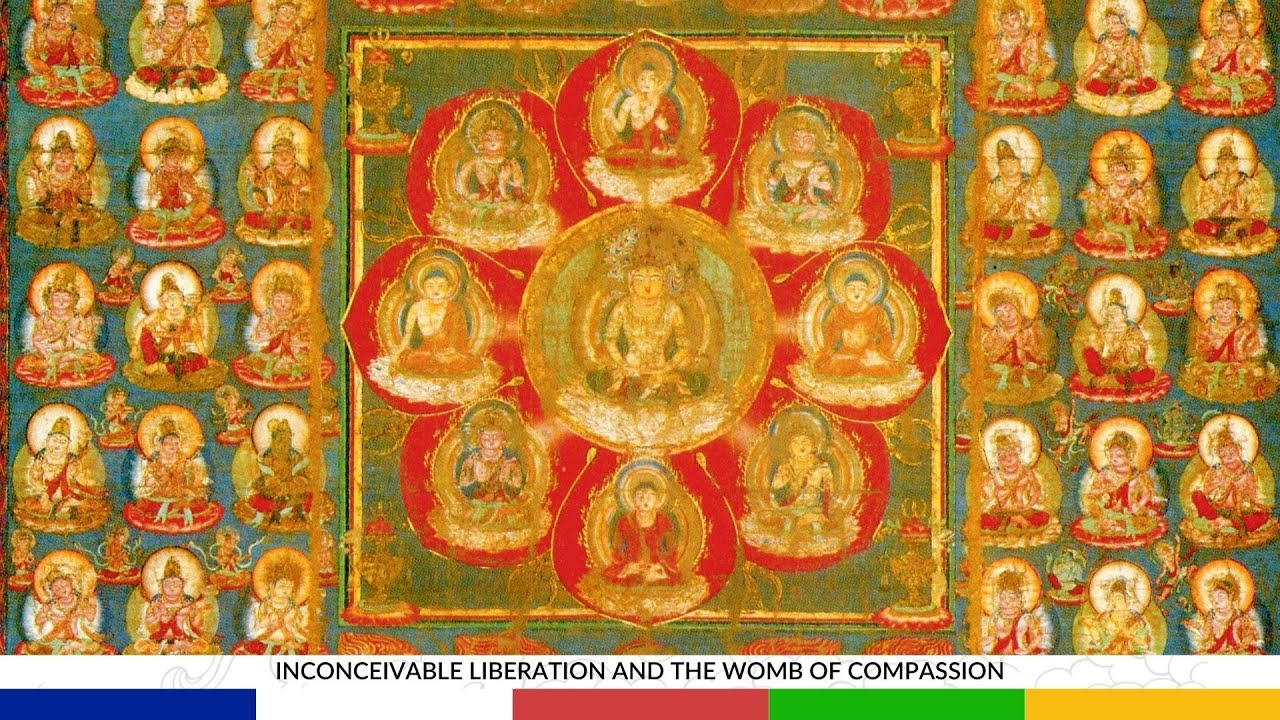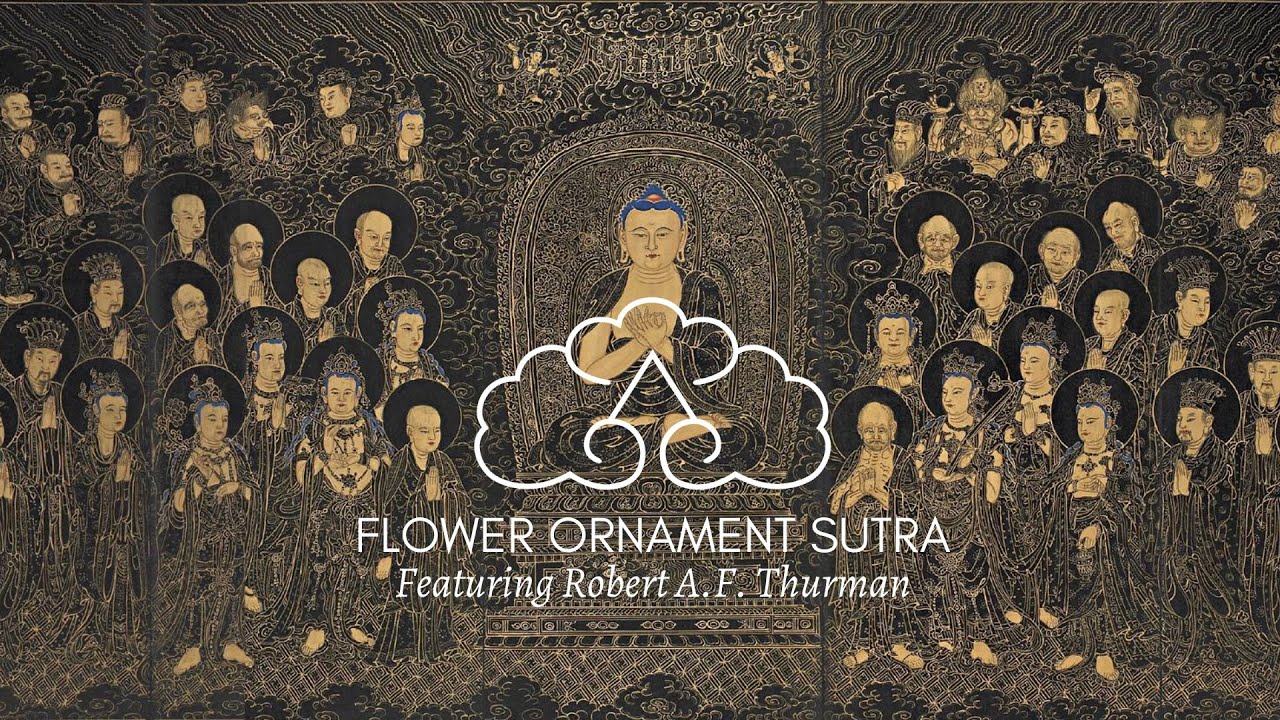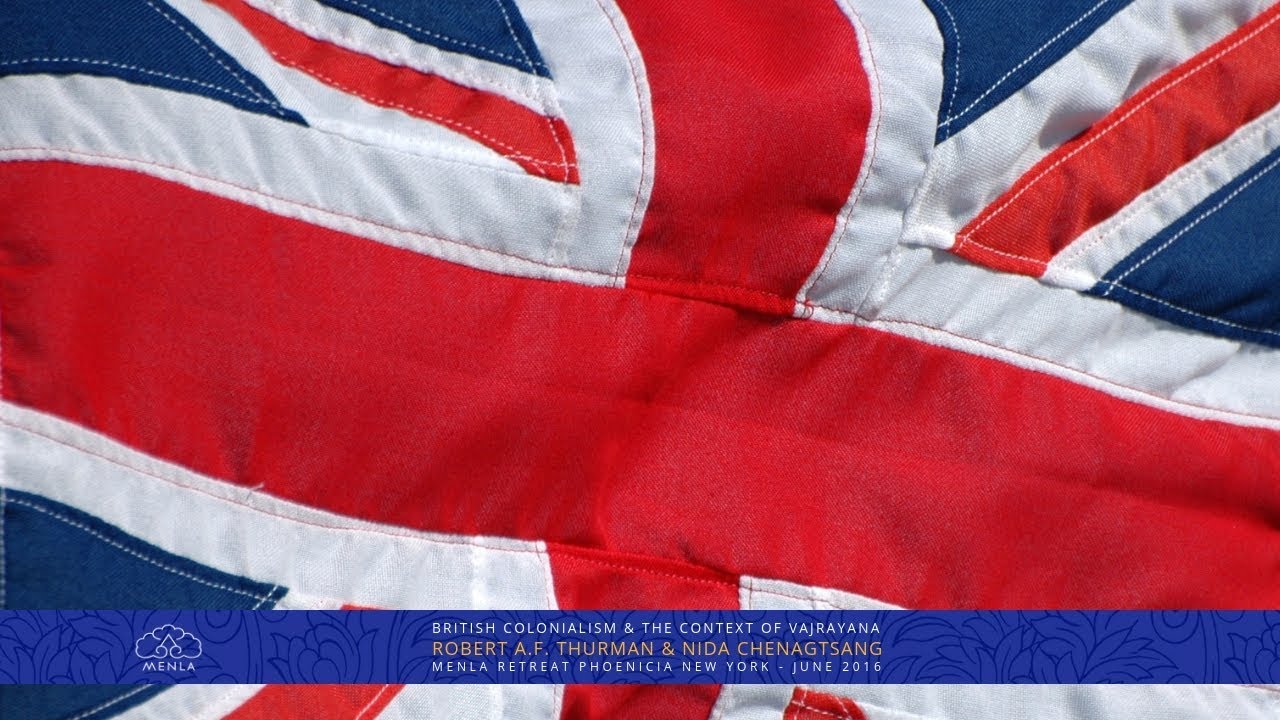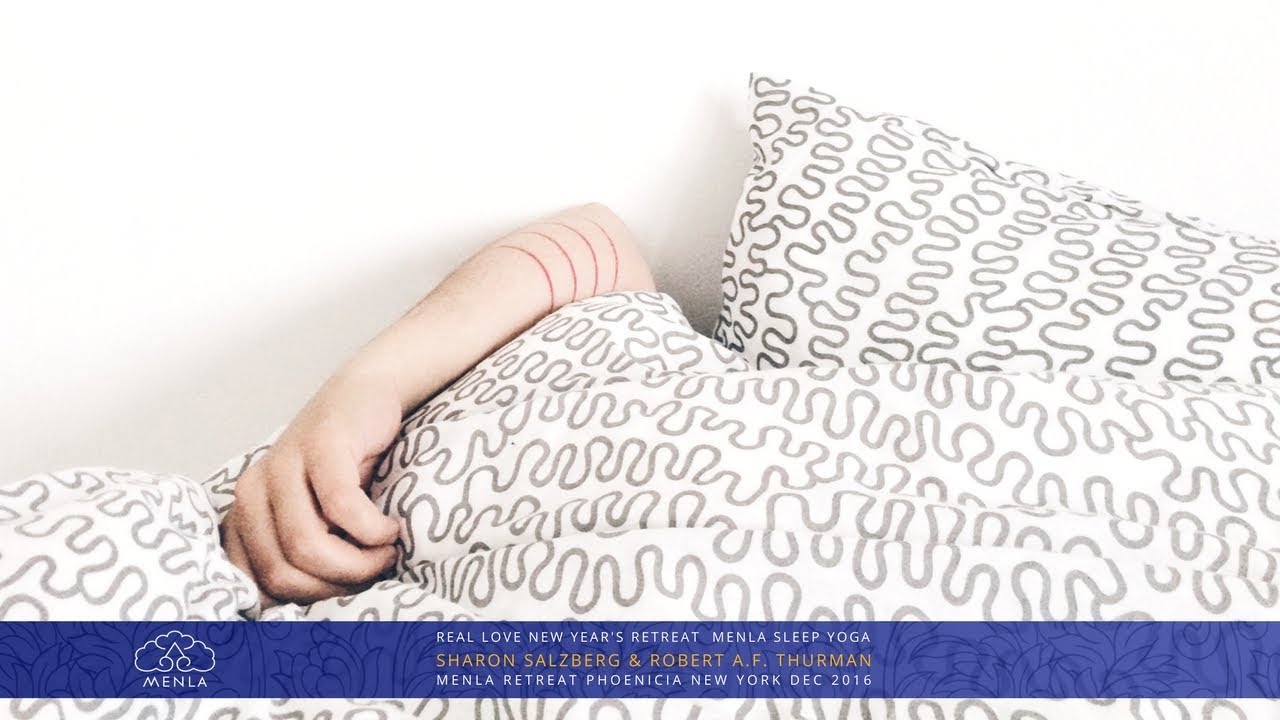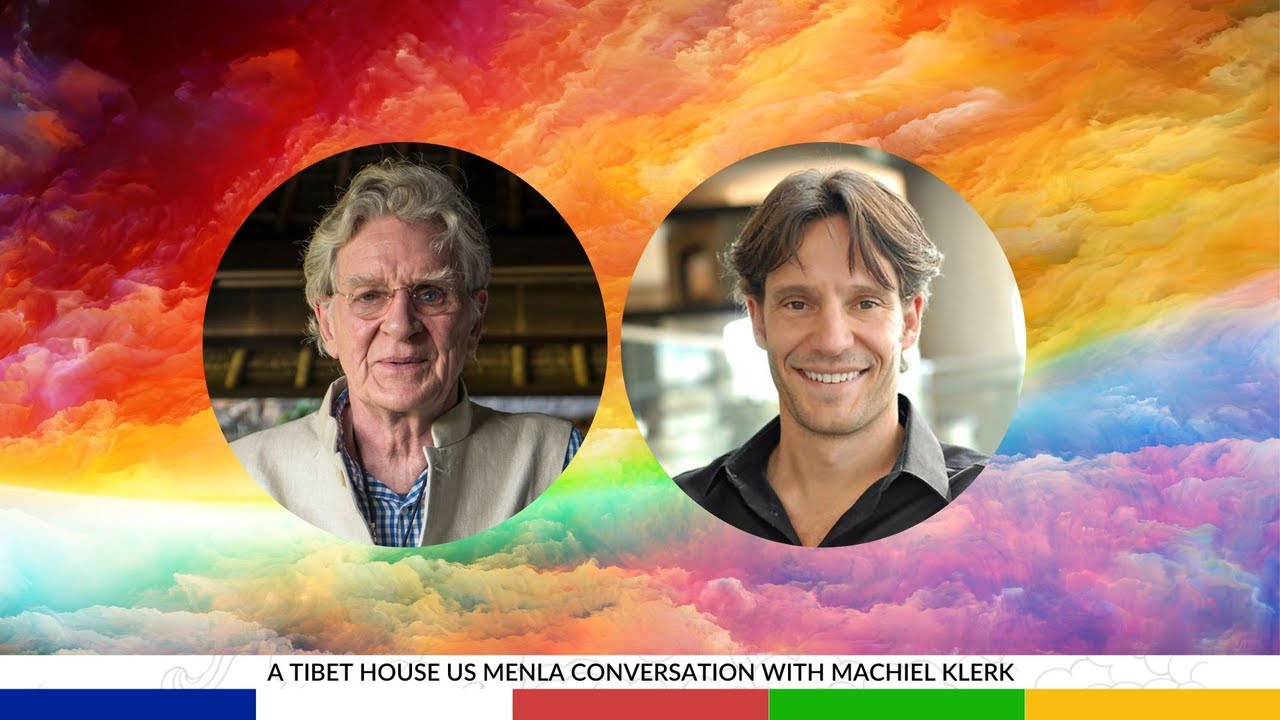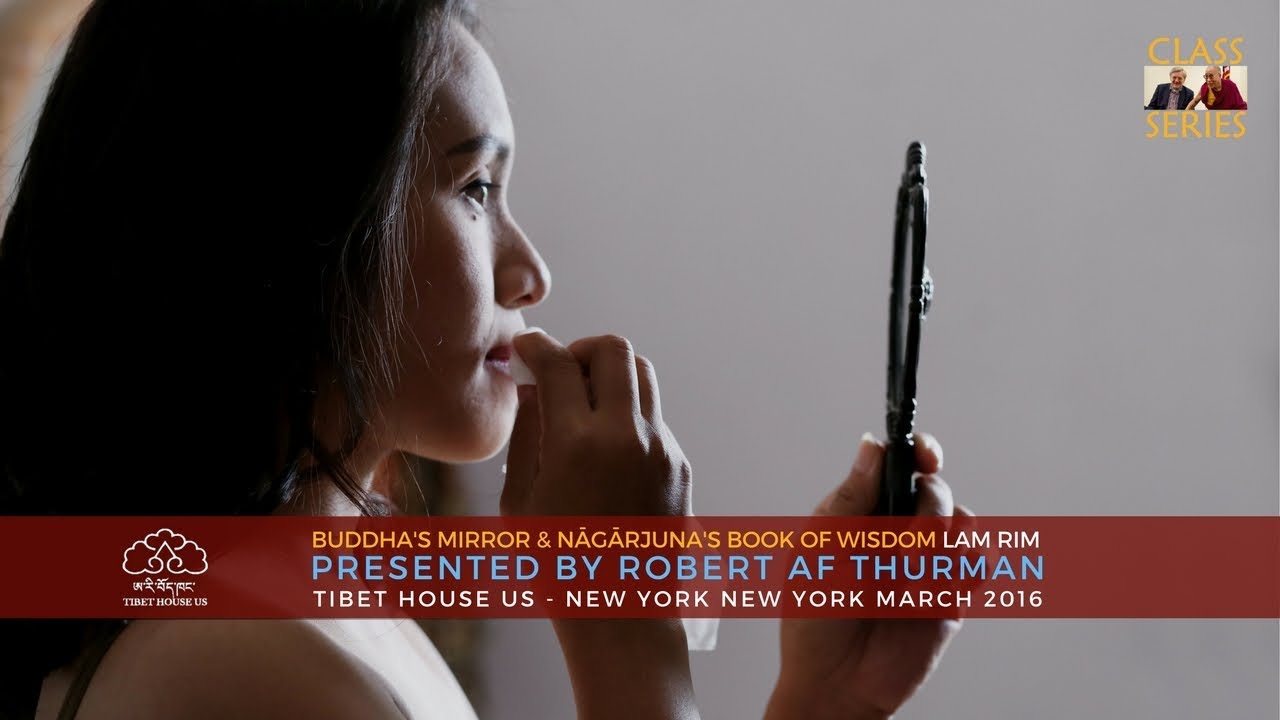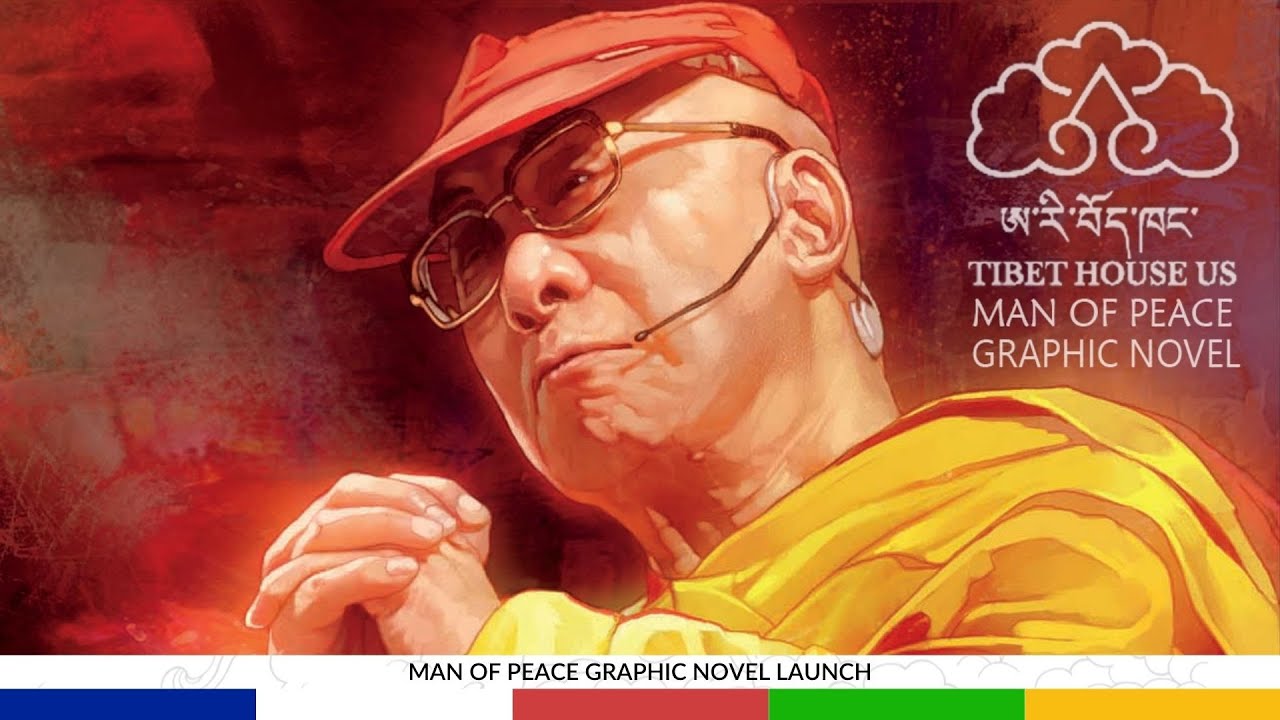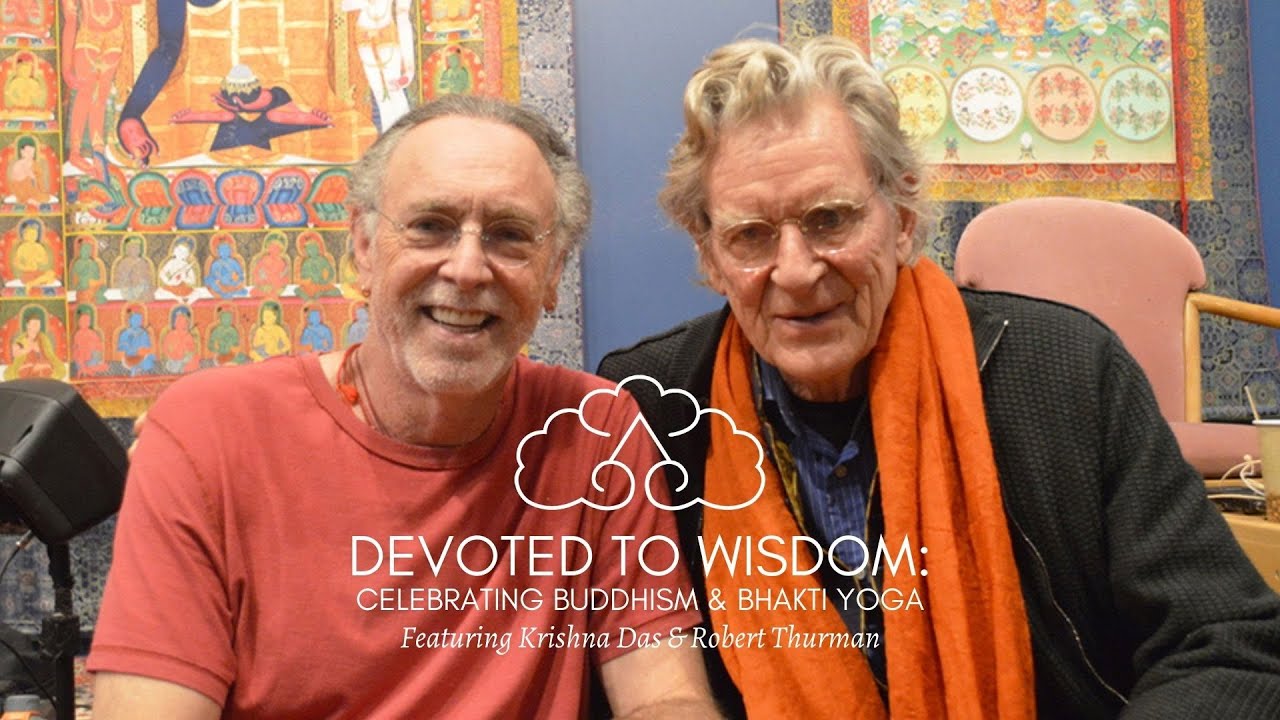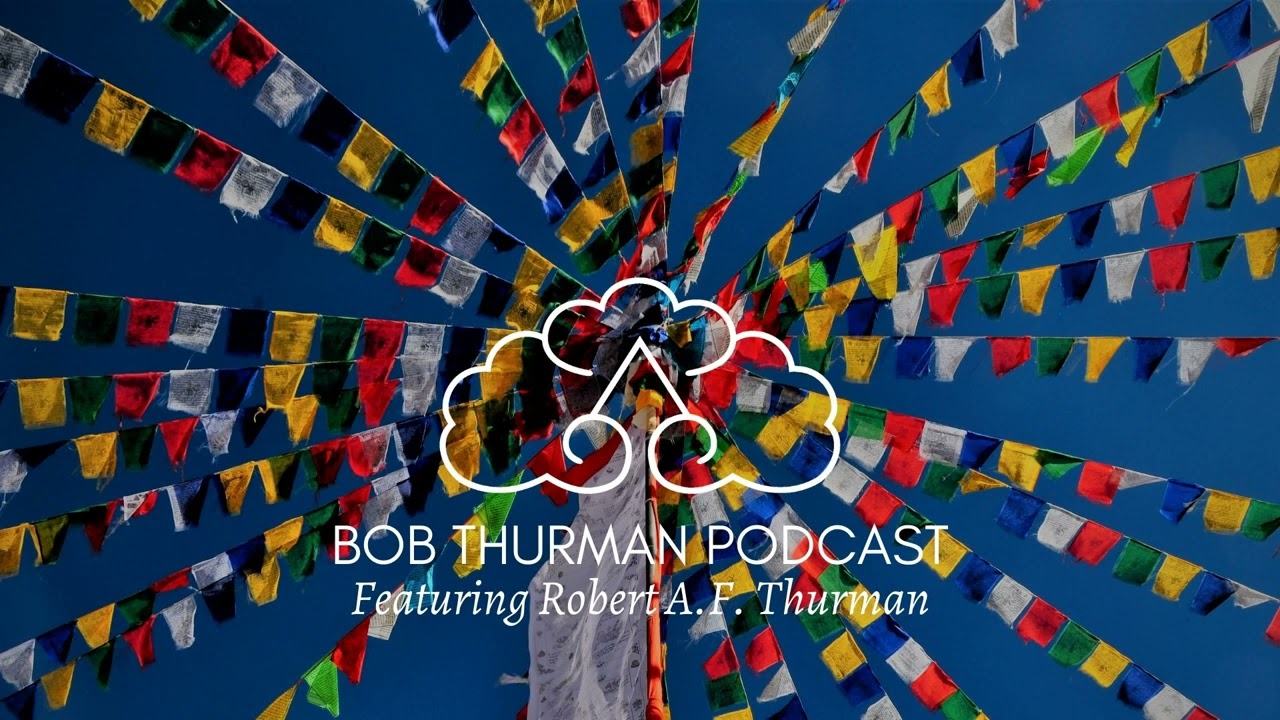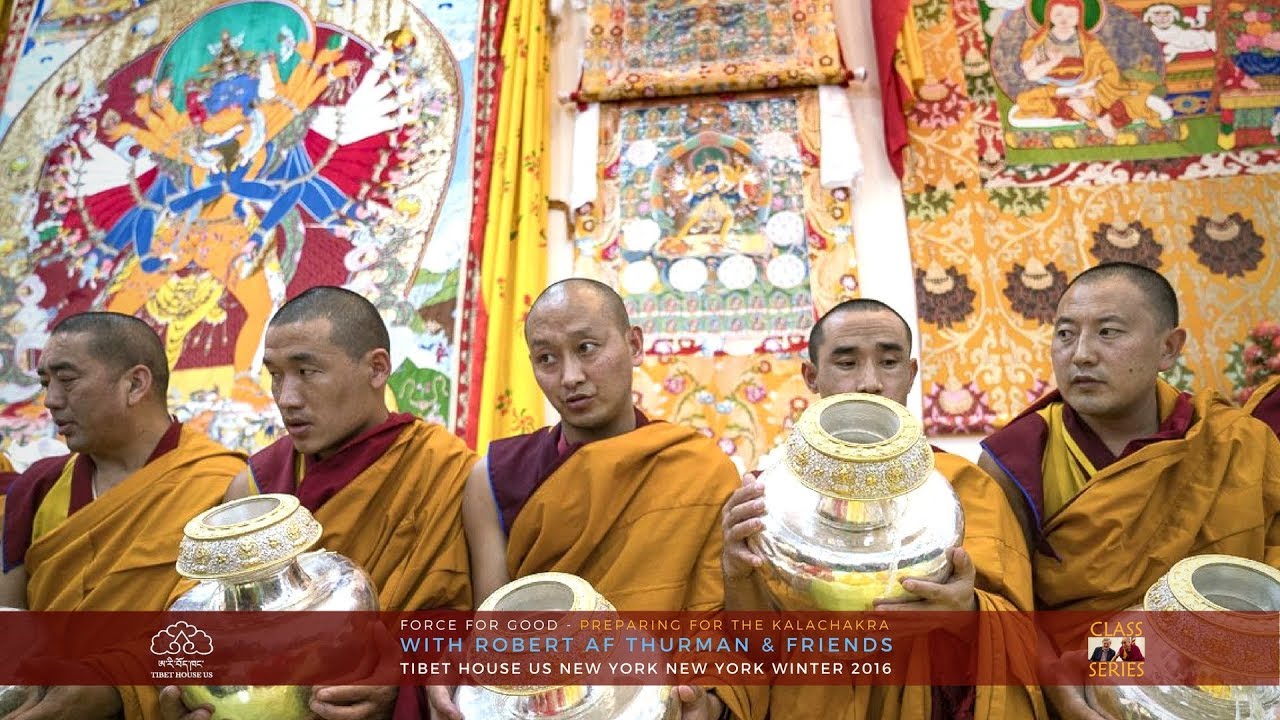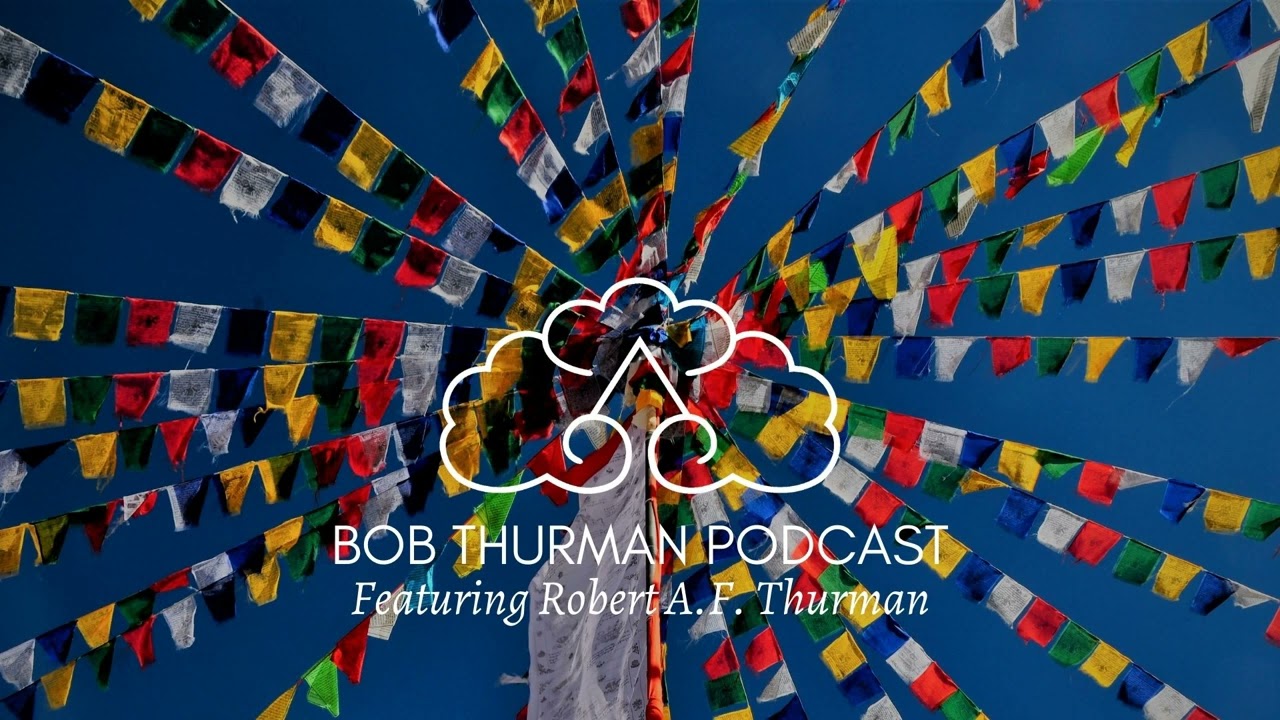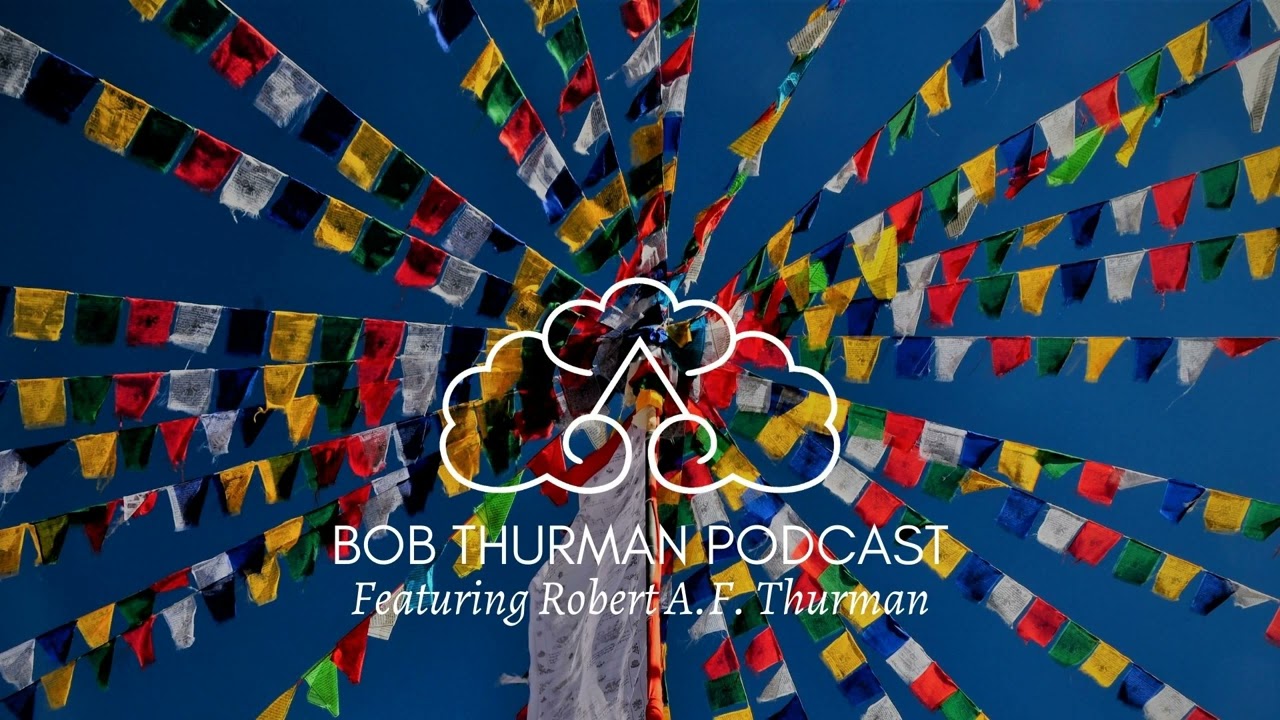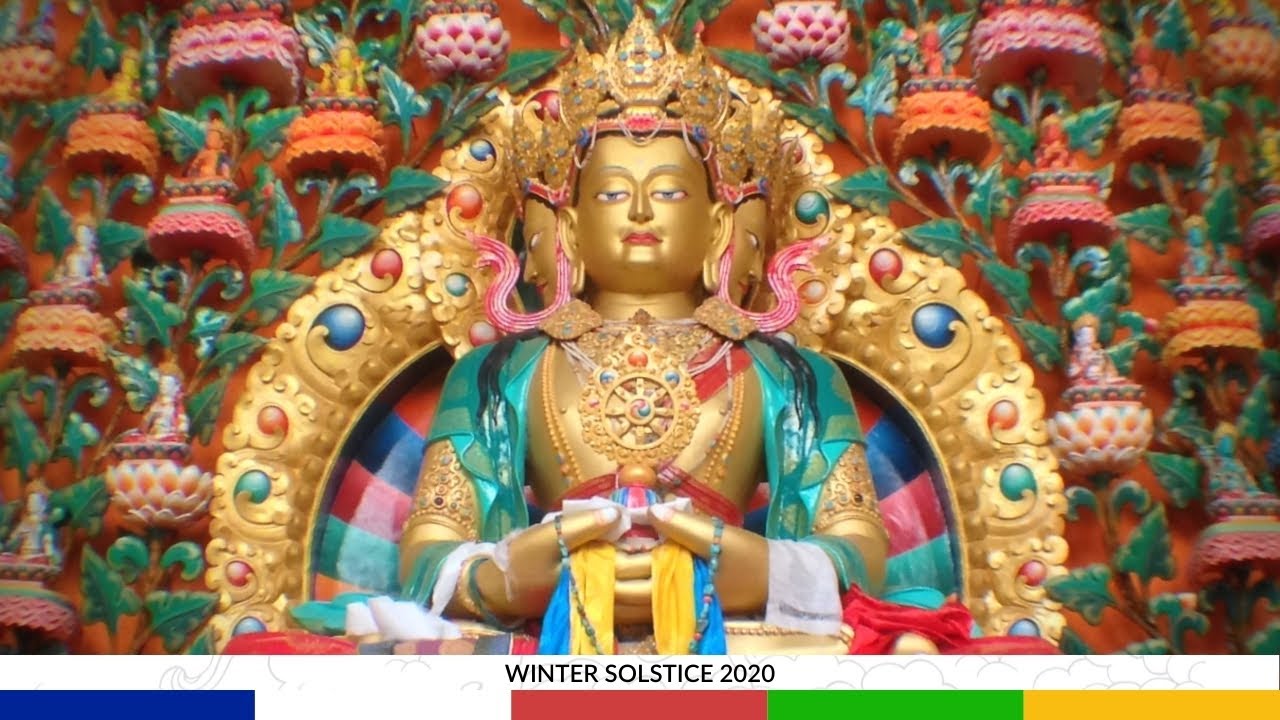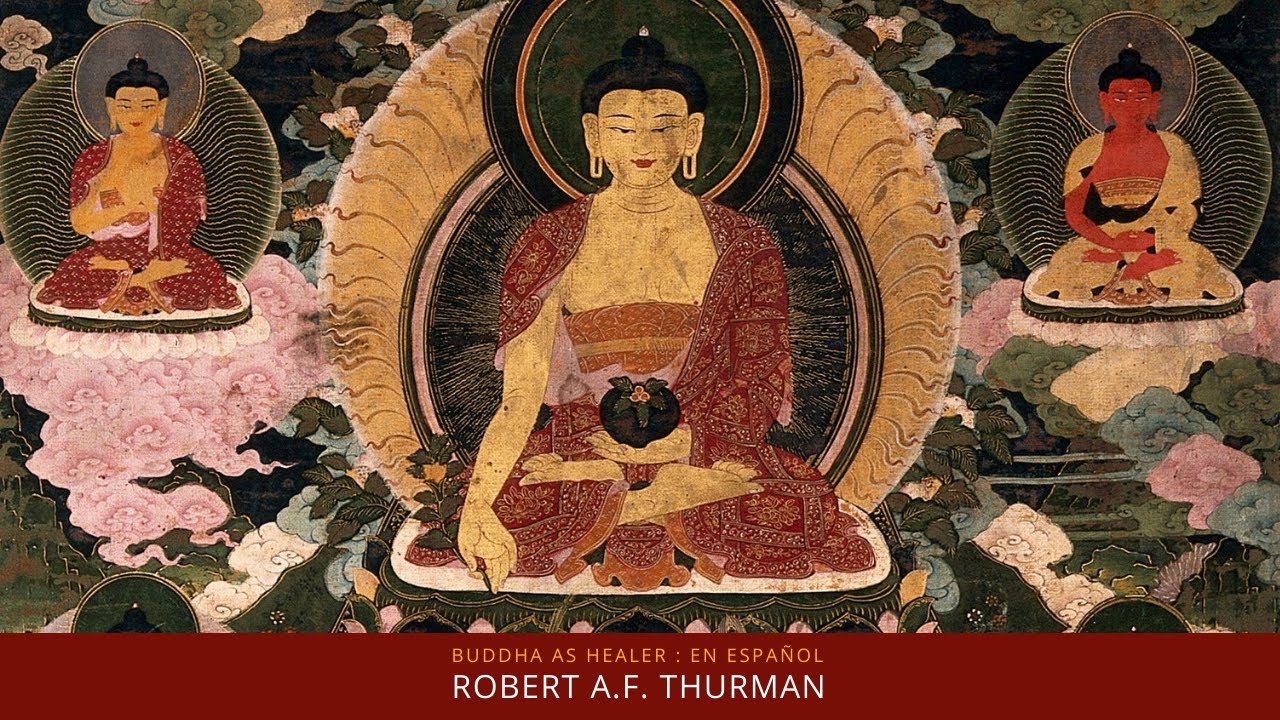Tsongkhapa’s Essence of True Eloquence : Profound Wisdom & Vast Compassion Class Three with Robert A.F. Thurman
Tsong Khapa’s Tengyur text, Essence of True Eloquence, is discussed here as preparation for the 2014 Beacon Theater teachings given by the H.H. the Dalai Lama.
H. H. the Dalai Lama gave an historic discourse on Nov. 3 & 4 2014 in New York City at the request of Tibet House US on “Essence Of True Eloquence”, and the masterpiece text by Jey Lama Tsong Khapa (1357-1419) that is considered a classic presentation of the profound view of reality that is foundational for opening the floodgates of universal compassion.
The text is known as the Essence Of True Eloquence: Distinguishing the Interpretable from the Definitive Meanings of the Buddha’s Sutra Discourses (Tibetan– Drang nges legs bshad snying po), which is lucid and detailed expansion of the Short Essence of True Eloquence, the poem Jey Tsong Khapa wrote on the morning of the dawning of his full enlightenment in 1398.
From the course description listing:
“We are offering a preparatory course which will go over some of the main points of the text, with a view to providing a basic familiarity with the territory of the realistic worldview—first branch of the eightfold path of the fourth noble truth—as understood and taught by the Indo-Tibetan Nagarjuna–Chandrakirti–Tsong Khapa–Dalai Lama tradition. The point of preparing for the Dalai Lama’s own discourse is to be familiar with the main concepts about and outlines of the most important insights, so that when His Holiness, the living transmitter of the authentic tradition, gives his discourse, the prepared recipient can listen with a better understanding.
The essence of this realistic worldview is the nonduality of nirvana and samsara, wisdom and compassion, emptiness and relativity. As long as the slightest trace of separation of these two levels remains in one’s mind, wisdom of emptiness does not reach the ultimate depth, and great compassion cannot spring forth from the wholehearted commitment to the amelioration of the condition of suffering beings in the emptiness/relativity nondual reality of their world, blocked by some version of an escapist concept of some sort of absolute release.
The text delves deeply into this essential focus, first briefly from the perspective of the seemingly dualistic Individual Vehicle Realist schools, then in more detail from that of the Idealist (“Mind-only”) schools, and then finally from the perspectives of the Dogmaticist (Svatantrika) and Dialecticist (Prasangika) Centrist (Madhyamika) schools. The course will proceed with lecture, Q & A, and some contemplative sessions, with a final day-long retreat on Oct. 11.
Recommended reading for this course is in R. Thurman, Central Philosophy of Tibet, (Princeton paperback), especially the Introduction, but one can come to the course without having done so, as a summary pamphlet will be made available during the course. It is also recommended that one attend the entire course; but, space permitting, walk-in attendance might also be possible.”
From www.tibethouse.us.
Photo by Sonam Zoksang, Used with Permission.
To listen to an audio preview of this teaching please visit: www.bobthurman.com.
About Robert A.F. Thurman
Suggested Books & Audio by Robert A.F. Thurman:
Man of Peace: Illustrated Life Story of Tibet’s Dalai Lama (Book), Infinite Life: Awakening to Bliss Within (Book), Anger: The Seven Deadly Sins (Book), Inner Revolution (Book), Circling the Sacred Mountain : A Spiritual Adventure Through the Himalayas (Book), Essential Tibetan Buddhism (Book), The Tibetan Book of the Dead: The Great Book of Natural Liberation Through Understanding in the Between (Book) The Jewel Tree of Tibet: The Enlightenment Engine of Tibetan Buddhism (Book), The Central Philosophy of Tibet (Book), The Holy Teaching of Vimalakirti: A Mahayana Scripture (Book), Life & Teachings of Tsong Khapa (Book), Why the Dalai Lama Matters: His Act of Truth as the Solution for China, Tibet, and the World (Book) & Liberation Upon Hearing in the Between: Living with the Tibetan Book of the Dead (Audio).



